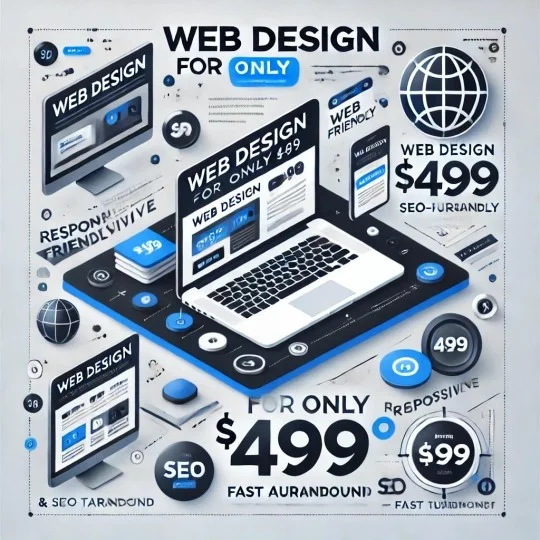Online Marketing in 2020: Is Fear Costing You Money?
- SEO
- by Seth Pollins
- 01.07.2020

Is loss aversion costing you money?
This is the second of two blogs on the psychology of New Year's resolutions. Last week, we asked: Why do we feel compelled to make resolutions (and why do we so often fail)?
Maria Konnikova suggests three key reasons why resolutions often fail: Overestimating abilities. Underestimating time and effort. And an exaggerated view of change.
This week we'll answer the question from the perspective of "loss aversion"--the idea that humans prefer avoiding losses to acquiring gains.
In a post from the New Yorker, Adam Alter writes about a game he offered Atlantic City gamblers on the boardwalk:
"I would toss a coin. If it came up heads, I would give them ten dollars; if it came up tails, they would give me ten dollars. This is a perfectly fair gamble—fairer than many casino games, which are designed to favor the house—but the appeal of winning ten dollars wasn’t enough to overcome the potential pain of losing ten dollars. Almost all of them said that they would prefer not to play."
This sort of aversion applies to income gains and losses. For many business owners, the fear of losing money outweighs potential gains.
This fear speaks directly to our purpose in writing blogs for SEO Sparta--an online marketing company. By demystifying online marketing we hope to make techniques like SEO accessible more people--especially for small business owners.
Many SEO publications write exclusively for SEO professionals. We write for those who don't care to know the difference between a meta tag and a widget. We do this for one reason: Business owners are often hesitant to spend money on online marketing
Loss aversion is a problem for business owners who refuse to spend money on marketing. By refusing to promote themselves, inevitably these businesses lose money.
As we enter a new decade of e-commerce, we have the opportunity to fruitfully analyze our businesses (and lives). How can we improve? Are we lagging behind the competition? Why?
Often the answers to these questions have less to with the quality of our products or services and more to do with fear. Loss aversion is keeping us from making decisions that can catapult our businesses to the next level.
What can you do?
Adam Alter suggests broad-bracketing, "...a good way to think about life decisions." Alter writes:
"It’s unwise to focus on each financial decision in isolation when you’re constantly drawing from the same pool of funds. Instead, it is better to consider the effect of each decision on the others, and how these decisions affect you cumulatively over time."
In terms of online marketing, think about your current expenses. Marketing is essential. How do you currently market your product or service? How do you spend money to let others know about your business?
Is Fear Costing You Money?
A website owner can easily calculate the cost of not acting by answering a series of important questions.
1. Do you have a website? If so, skip to question 2. (If not, why?)
2. If you do have a website, do you expect to profit from the site?
3. If you do expect to profit from your website, do you know exactly how much traffic the Internet drives to your business? (If not, that information is easily attained in your analytics).
Perhaps the Internet drives a significant amount of traffic to your business. Good. But have you optimized your reach? Are your customers finding you easily?
Can you translate your traffic to dollars?
If you do have a website, and you do expect to profit, the final simple step is to perform a Google search for your business.
Are you the top result? Are you the second result? The third? If you're not the top result, what separates the top result from your business? If you're not on the first page, forget about it.
Here's a simple truth: the top results receives most traffic. According to a 2013 study from Chitika, the first result receives 33% of all traffic; the second result receives about 18%; and the third result receives 11%. That's a significant drop-off. And if you're not on the first page? Well, you're missing out on nearly 92% of all traffic.
If you know your traffic, and you can quantify traffic in dollars, you can estimate the difference between, say, the third result and the first. By optimizing your site, you could potentially triple your traffic (from 11% to 33%).
Of course, what you do with that traffic makes all the difference.
But what is the difference between your business and the top-ranked business? If you offer a similar or better product with a similar or better service, you deserve that top spot. You deserve online marketing.
If you have a well-designed website, optimized for search engines, you will not have to look for your customers—your customers will look for you.
Don't let fear blind you to the clear competitive advantage of online marketing.
If you are interested in transforming your website into a money-making tool or are interested in exploring opportunities to outperform your competition, we encourage you to contact SEO SPARTA.
We combine traditional marketing methods and organic SEO--emphasizing natural website optimization--to design thoughtful, inspiring, and effective marketing campaigns.
 For a limited time, we provide website design and development for just a one-time low fee of $499.
For a limited time, we provide website design and development for just a one-time low fee of $499.